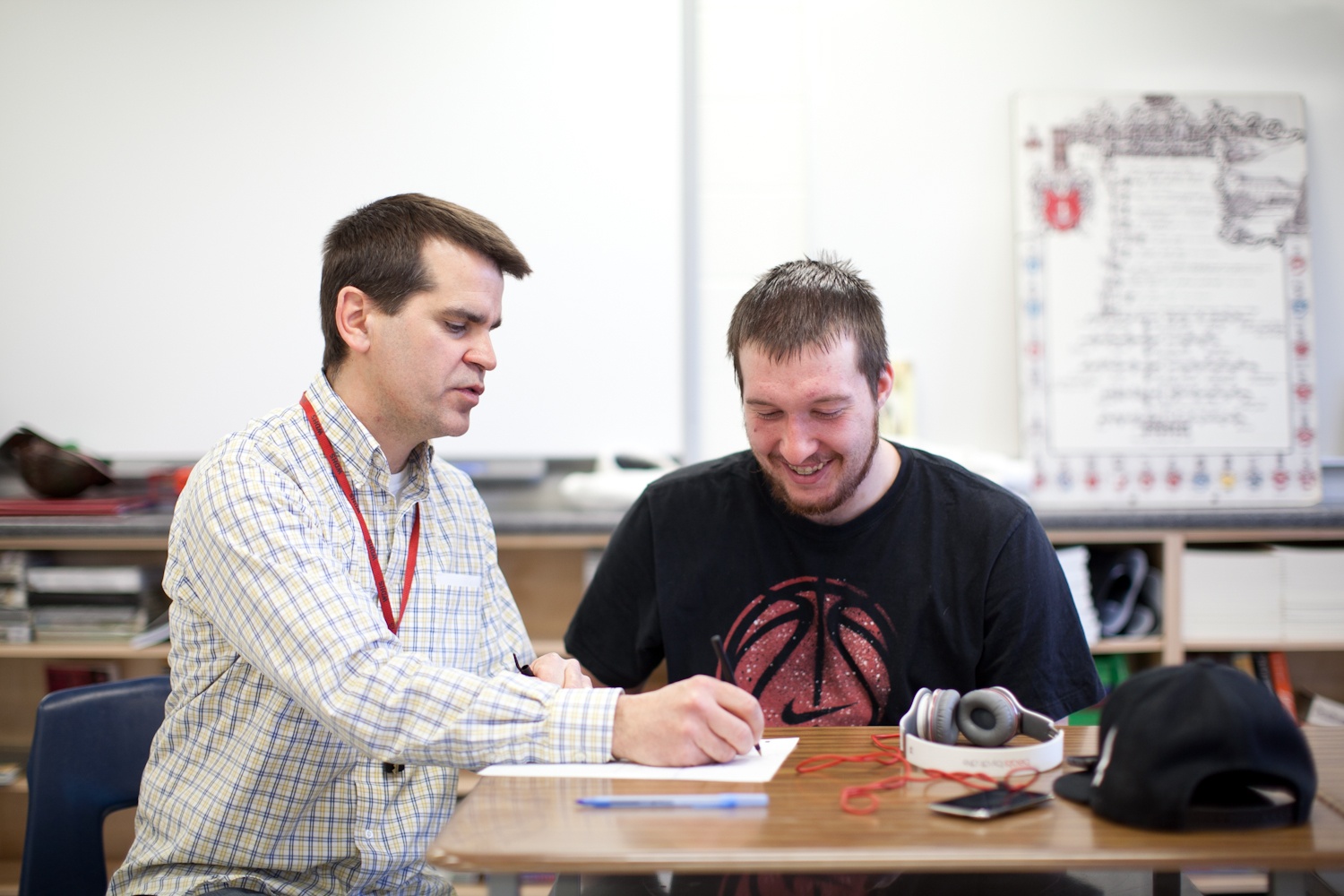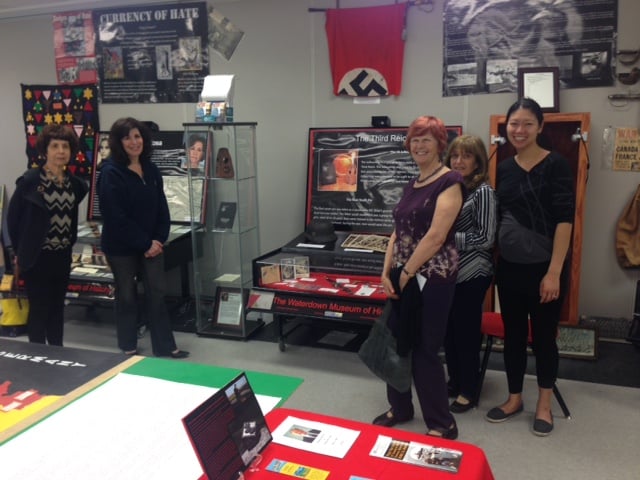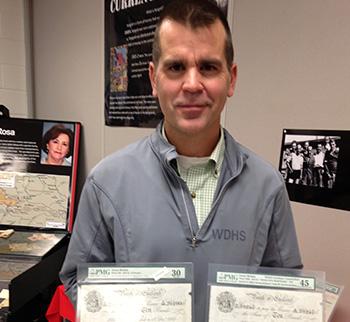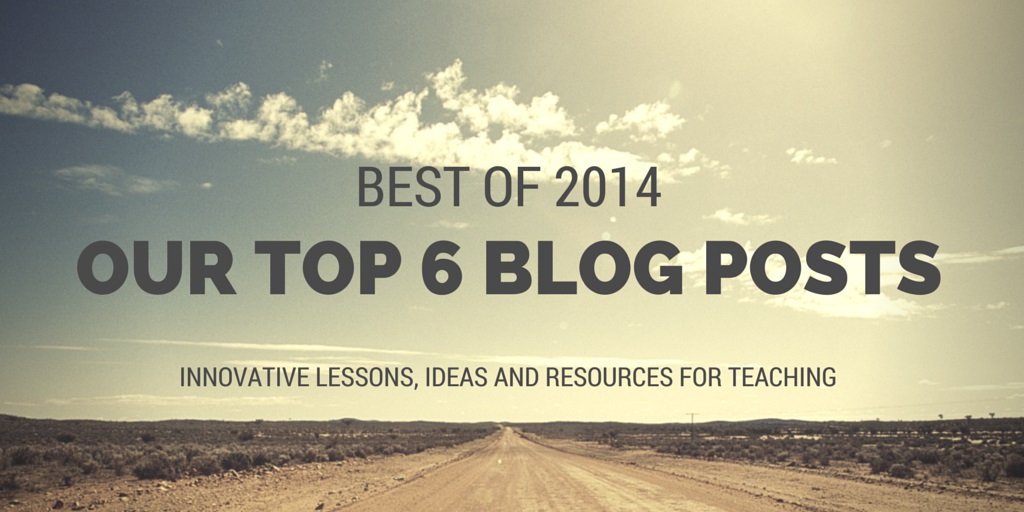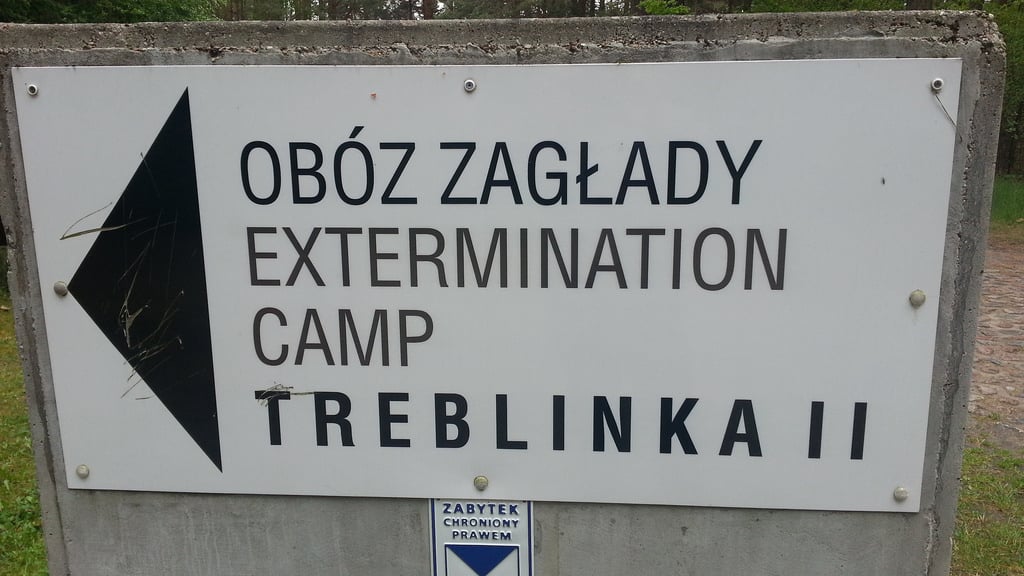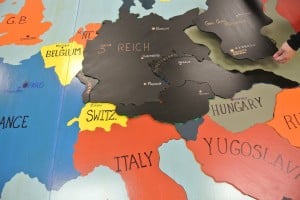This is the 2nd blog in a 2 part series. Click here to read Part 1 which discusses the project and art as a critical tool of inquiry.
“Trust is not just something that you ‘organize’, it’s earned over time”: Approaches to Gathering Trust-based Testimony and Research Methodologies
Posted by Charlotte Schallié and Ilona Shulman Spaar on March 4, 2021
Topics: Holocaust, Survivor Testimony, Museum Studies, Holocaust Education, Holocaust and Human Behaviour, Graphic novels
When Storytelling Intersects with Holocaust & Human Rights Education: An International Education Project Initiated in Canada
Posted by Charlotte Schallié and Ilona Shulman Spaar on February 25, 2021
This is the 1st blog in a 2 part series. Part 1 discusses the project and art as a critical tool of inquiry. Part 2 explores the process and approaches to putting together testimony and historian research methodologies for educators interested in teaching students what active historian work looks like.
Topics: Holocaust, Museum Studies, Holocaust Education, Holocaust and Human Behaviour, Inquiry, Graphic novels
An Award Winning Initiative for Engaging Students and Communities in Learning History
Posted by Gillian Aitken on January 2, 2018
We work with so many amazing educators who give their students exceptional learning experiences. For this blog, we sat down with history teacher and 2017 Governor General's Award for Excellence in Teaching History Award winner Rob Flosman to find out what he has learned about engaging students and communities in learning history through building a classroom museum, the Waterdown Museum of History.
Topics: Innovative Classrooms, Museum Studies, Holocaust Education, Margot Stern Strom Innovation Grants, Canadian History, Culturally Responsive and Relevant Pedagogy, classroom lesson, Genocide and Crimes Against Humanities Course, CHG
In 2013, Waterdown District High School teacher Robert Flosman applied for and won a Margot Stern Strom Innovation Grant to create a Museum of History in his classroom as a way to engage students deeply and differently in the study of history. In November 2014, he wrote a post for this blog describing his museum. One year later, Rob has more to tell us about the museum Facing History and Ourselves’ grant made possible.
Topics: History, Canada, Innovative Classrooms, Museum Studies, Margot Stern Strom Innovation Grants, Memorial, Genocide and Crimes Against Humanities Course
This week is #MuseumWeek, where museums from around the world will be convening with museum lovers on twitter to journey behind the scenes, to explore the grounds, and to share ideas about what we choose to remember for the future.
Topics: Art, Facing History Resources, History, Innovative Classrooms, Museum Studies
Reviewing the year we will soon be leaving behind, here are the Top Six Most Read Blogs from our Ontario educators:
Topics: Innovative Classrooms, Media Skills, Museum Studies, Best of..., Inside a Genocide Classroom
8 Lessons the Museum of Human Rights Taught Me about My Classroom
Posted by Jamie on November 27, 2014
Museums are invaluable to education. The carefully selected exhibits, information, and artifacts provide tangible and visual evidence for exploration, reflection, and dialogue that support lessons in the classroom. Museums allow students to build upon prior knowledge – to see things differently.
Topics: Art, Choosing to Participate, Facing History Resources, Holocaust, Canada, Innovative Classrooms, Museum Studies, Strategies
Trips to the museum are a regular part of many history or humanities classrooms. A Facing History and Ourselves teacher in Waterdown and his Grade 11 Genocide and Crimes Against Humanity course students created one in their own classroom.
Topics: Holocaust, Facing History and Ourselves, Canada, Innovative Classrooms, Museum Studies, Margot Stern Strom Innovation Grants, In the news, Inside a Genocide Classroom
This week, our office director Leora, along with several other Facing History staff and board members, are traveling in Poland as part of a learning trip. Over the course of nine days, they are exploring questions about history, memory, and legacy that are at the core of our work. With the help of Polish and Jewish scholars, witnesses to history, community activists, politicians and journalists, as well as organizations that have worked with Facing History throughout the past 25 years, they will be challenged to think in new ways as we confront the past and struggle with questions about the present and future. On Monday, Leora and the group visited the Treblinka extermination camp. Read her thoughts here:
Topics: Antisemitism, Facing History Resources, Holocaust, History, Museum Studies, Holocaust Education, Memorial, Personal history
After recently watching the movie Indiana Jones and the Last Crusade with my sons, a thought hit me. In the movie, Indiana accidently comes across the gigantic map room where Nazis are secretly planning their conquests. Leaders and rulers – and everyday citizens – throughout history (like Winston Churchill, for example) have had map rooms. My students needed one too.
Topics: Art, Innovative Classrooms, Museum Studies, Genocide and Crimes Against Humanities Course, CHG


.png)
